For all those students you want to leapfrog into the MBA program while doing their Bachelor’s or Master’s degree – deferred MBA is the right choice. Deferred MBA is an MBA program designed for final year students of undergraduate or graduate degrees. Students with clear goals, excellent academic and proven leadership record apply for the deferred MBA program. These are the high potential students who business schools want to tap into and grab them even before they complete their undergraduate degree.
In this Blog:
1. What is so unique about deferred MBA programs?
2. What are the benefits of deferred MBA?
3. Where to enroll for a deferred MBA program?
4. What’s the process to enroll for the deferred MBA program?
5. How important is GMAT for deferred MBA?
6. Is it difficult to get accepted into a deferred MBA program?
Let’s clear things up a little more and start with –
What is so unique about deferred MBA programs?
The most unique part of deferred MBA is that it helps you focus on your career rather than worrying about your MBA application. Just like the normal MBA, a deferred MBA has similar duration, but it grants pre-admission to the students, generally 2 years in advance.
That brings us to the next question –
What are the benefits of deferred MBA?
Benefits of a deferred MBA program are:
- No hassle for business school application
- Flexibility in early career.
- Non-typical students from a diverse background with exuberance of business aptitude, get a fair chance.
Which universities offer deferred MBA programs?
Factors like curriculum structure, class profile, and career outcomes should be considered by students before enrolling for the deferred MBA program. Not all universities offer deferred MBA programs; in India only top B-schools like Indian School of Business (ISB) offer deferred MBA programs.
Here is the list of B-Schools that offer deferred MBA programs.

B-School |
University |
Deferred MBA Program |
Deferred Period |
| Stanford Graduate School | Stanford University | Deferred Enrollment Program | 2-4 Years |
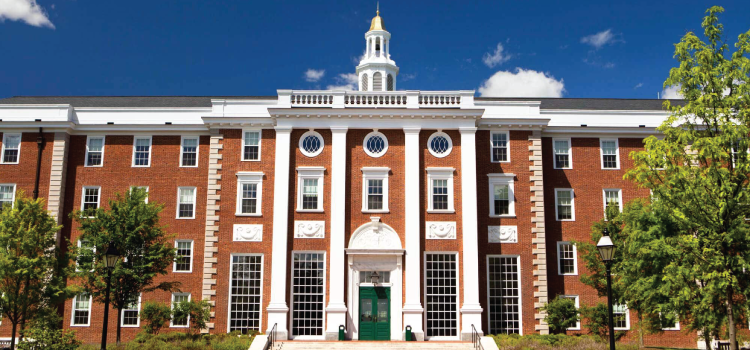
B-School |
University |
Deferred MBA Program |
Deferred Period |
| Harvard Business School | Harvard University | 2+2 program | Minimum 2 years of work experience plus 2 years of MBA |

B-School |
University |
Deferred MBA Program |
Deferred Period |
| Wharton School of business | University of Pennsylvania | Moelis Advance Access Program | 2 years |
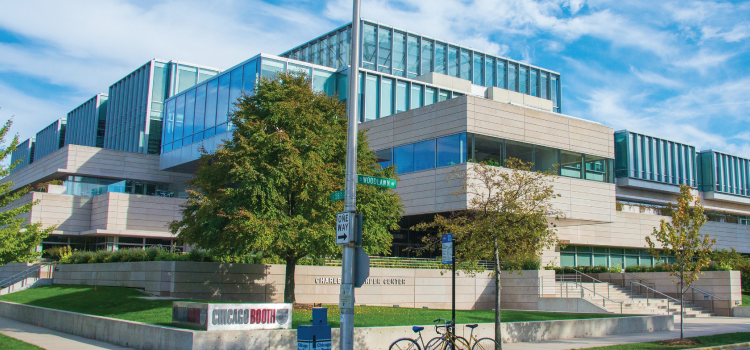
B-School |
University |
Deferred MBA Program |
Deferred Period |
| Booth School of Business | University of Chicago | Silver Scholars Program | 2-5 years (full-time MBA, evening MBA or weekend MBA program) |

B-School |
University |
Deferred MBA Program |
Deferred Period |
| Darden School of Business | University of Virginia | Future Year Scholars | 2-4 Years |

B-School |
University |
Deferred MBA Program |
Deferred Period |
| Yale School of Management | Yale University | Yale Silver Scholar | Extended internship after first year of MBA |

B-School |
University |
Deferred MBA Program |
Deferred Period |
| Haas School of Business | University of California – Berkeley | Accelerated Access program | 2-5 years of a deferred period |

B-School |
University |
Deferred MBA Program |
Deferred Period |
| IESE Business School | University of Navarra, Spain | Young Talent Path* | 3-4 Years (*for aspirants with minimum 2 years of work experience and a full-time job offer. This program offers an opportunity to avail scholarships of up to 20,000 Euro.) |

B-School |
University |
Deferred MBA Program |
Deferred Period |
| MIT Sloan | Massachusetts Institute of Technology | Early Admission | 2-5 Years |

B-School |
University |
Deferred MBA Program |
Deferred Period |
| Columbia Business School | Columbia University | Deferred Enrollment program | 2-5 Years |

B-School |
University |
Deferred MBA Program |
Deferred Period |
| Indian School of Business, India | Indian School of Business | Young Leaders Program | 2-3 Years |

B-School |
University |
Deferred MBA Program |
Deferred Period |
| Kellogg School of Management | Northwestern University | Future Leaders | 2-5 Years |
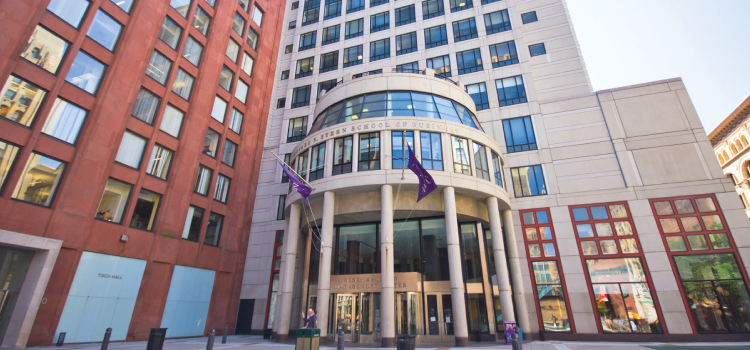
B-School |
University |
Deferred MBA Program |
Deferred Period |
| Stern School of Business* | New York University | NYU x NYU / Stern | 2-5 Years (*applicant must be an NYU undergrad) |

B-School |
University |
Deferred MBA Program |
Deferred Period |
| Tepper School of Business | Carnegie Mellon | Future Business Leaders | 2-4 Years |
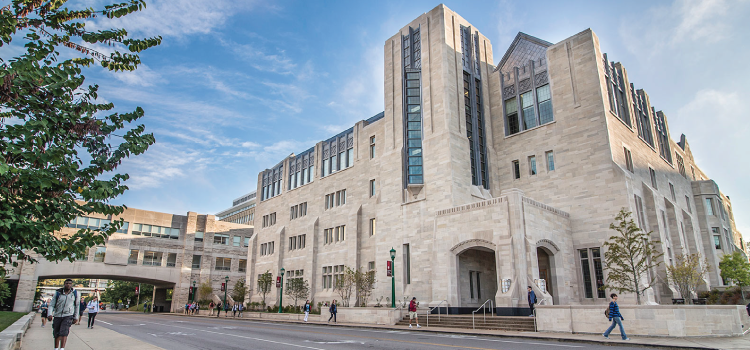
B-School |
University |
Deferred MBA Program |
Deferred Period |
| Kelley School of Business | Indiana University | Accelerated Admissions | 2-4 Years |

B-School |
University |
Deferred MBA Program |
Deferred Period |
| Owen Graduate School of Management* | Vanderbilt University | VU2MBA | 2-4 Years (*applicant must be an Vanderbilt undergrad) |

B-School |
University |
Deferred MBA Program |
Deferred Period |
| McDonough School of Business | Georgetown University | MBA Advanced Access Program | 2-4 Years |
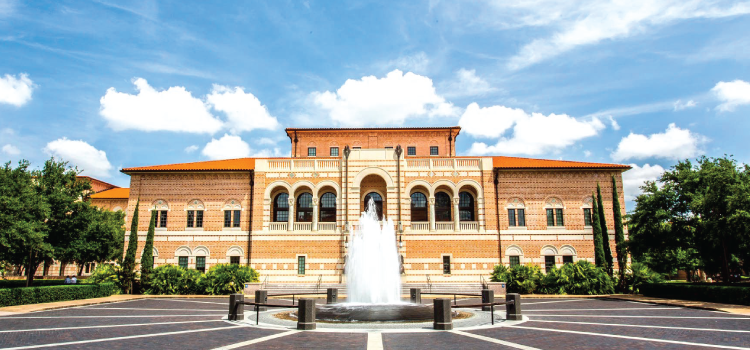
B-School |
University |
Deferred MBA Program |
Deferred Period |
| Jones Graduate School of Business | Rice University | Deferred Enrollment Program | 2-5 Years |
What’s the process to enroll for the deferred MBA program?
The process is quite similar to the regular MBA program enrollment process, but here you need to have a strong profile, leadership experience and strong performance in current coursework and exams.
The requirements for deferred MBA :
- GRE or GMAT score (as required by the B-School)
- College Transcripts
- MBA Resume (Showcasing your leadership skills)
- 2 Letters of Recommendation
- 2 Essays
- Interview
Some programs might not require a GMAT score but it is preferred to submit it separately to boost the chances of your admit.
The deadlines for applications for deferred MBA is usually the spring intake; therefore, it is important to dedicate enough time to your application as balancing studies and other commitments in the final year could be difficult.
Have you taken the GMAT before?
How important is GMAT for deferred MBA?
GMAT is an indispensable part of the deferred MBA process as universities seek some exceptional profiles. The low acceptance rate for the deferred MBA means your profile needs to have outstanding credentials and a near perfect GMAT score. Business schools trust the GMAT exam and take admission related decisions based on the applicant’s GMAT score,as the GMAT is a success indicator, and universities bank on GMAT score to shortlist best candidates.
Is it difficult to get accepted into a deferred MBA program?
Yes, it is very competitive. The deferred MBA admits to the top programs are exceptional with near perfect GPAs, selective internships and high quality campus leadership. For example, the acceptance rate of the deferred MBA programs at Harvard University is 8% deferred, while 12% acceptance rate for a regular MBA.
At Jamboree we prepare the aspirants for the path that could lead to an illustrious career with MBA admission counselling, GMAT prep, IELTS/TOFEL prep, pre-departure orientation and value added services like – education loans a lot more. The deferred MBA is like an advance investment in your future as it reduces considerable stress and any uncertainty down the road.









 BANGALORE
BANGALORE BHOPAL
BHOPAL CHENNAI
CHENNAI DELHI
DELHI FARIDABAD
FARIDABAD GURGAON
GURGAON GR. NOIDA
GR. NOIDA HYDERABAD
HYDERABAD INDORE
INDORE JAIPUR
JAIPUR KOLKATA
KOLKATA Kathmandu
Kathmandu LUCKNOW
LUCKNOW MUMBAI
MUMBAI NAVI MUMBAI
NAVI MUMBAI NOIDA
NOIDA PUNE
PUNE THANE
THANE Not in the list?
Not in the list?
Leave a Reply